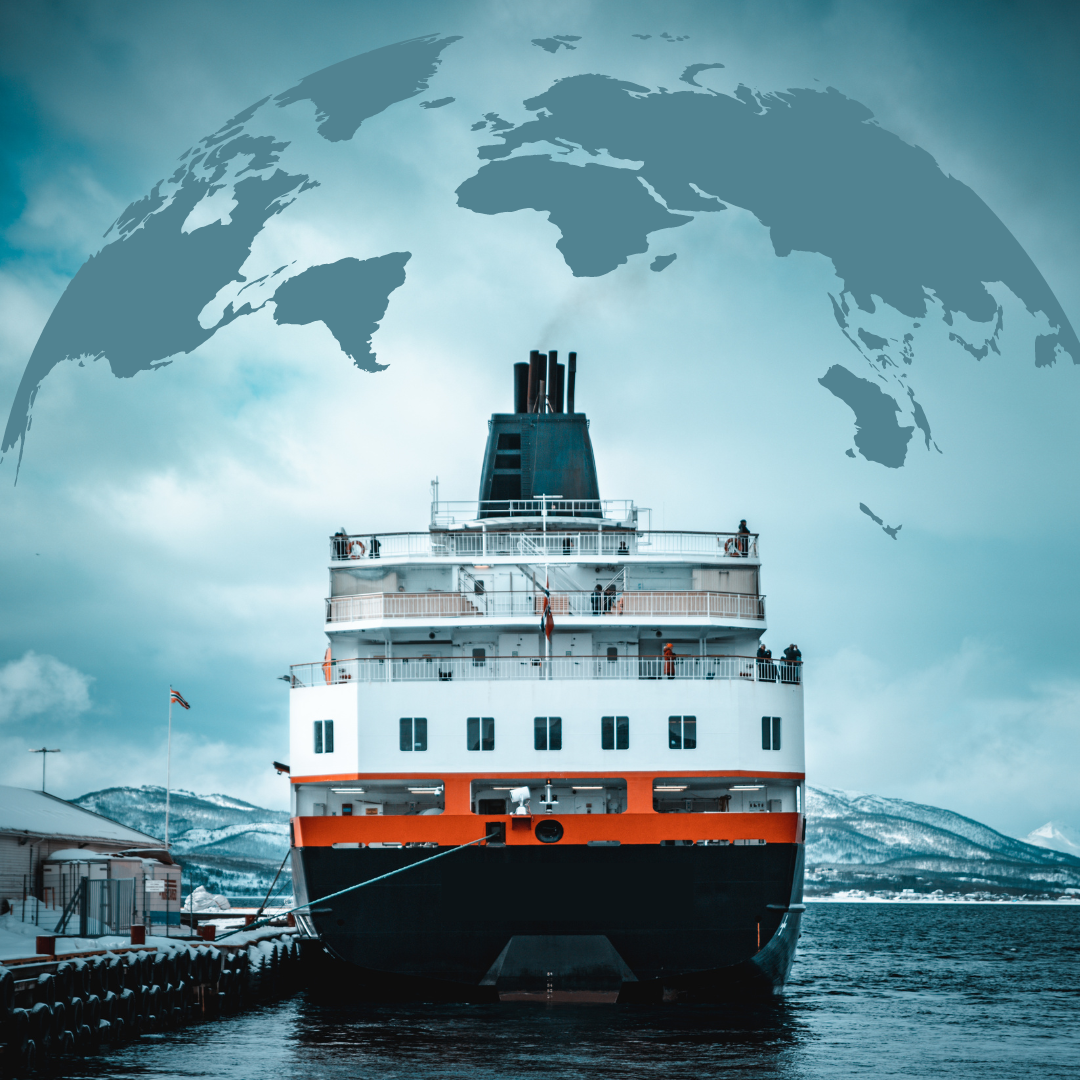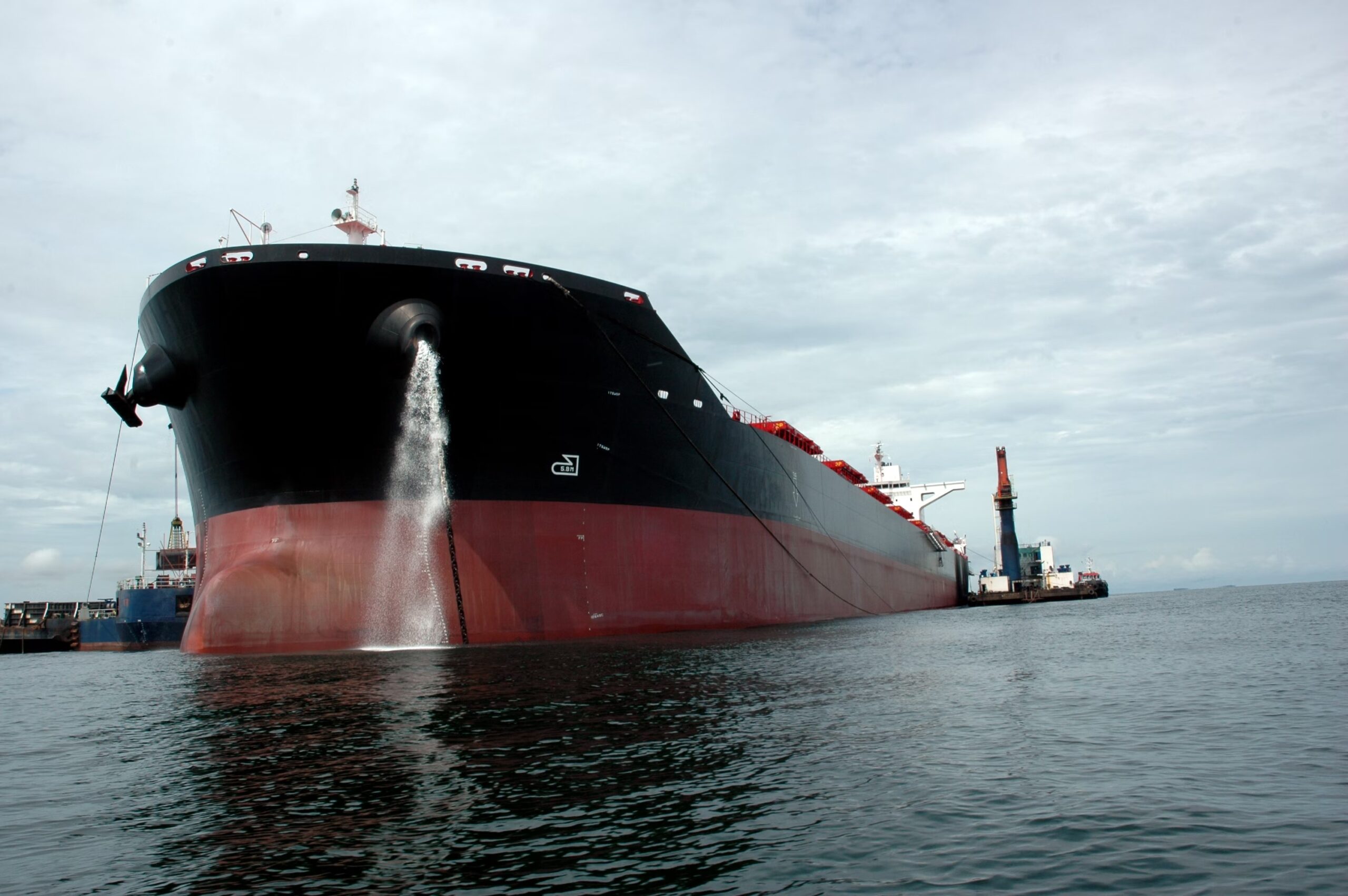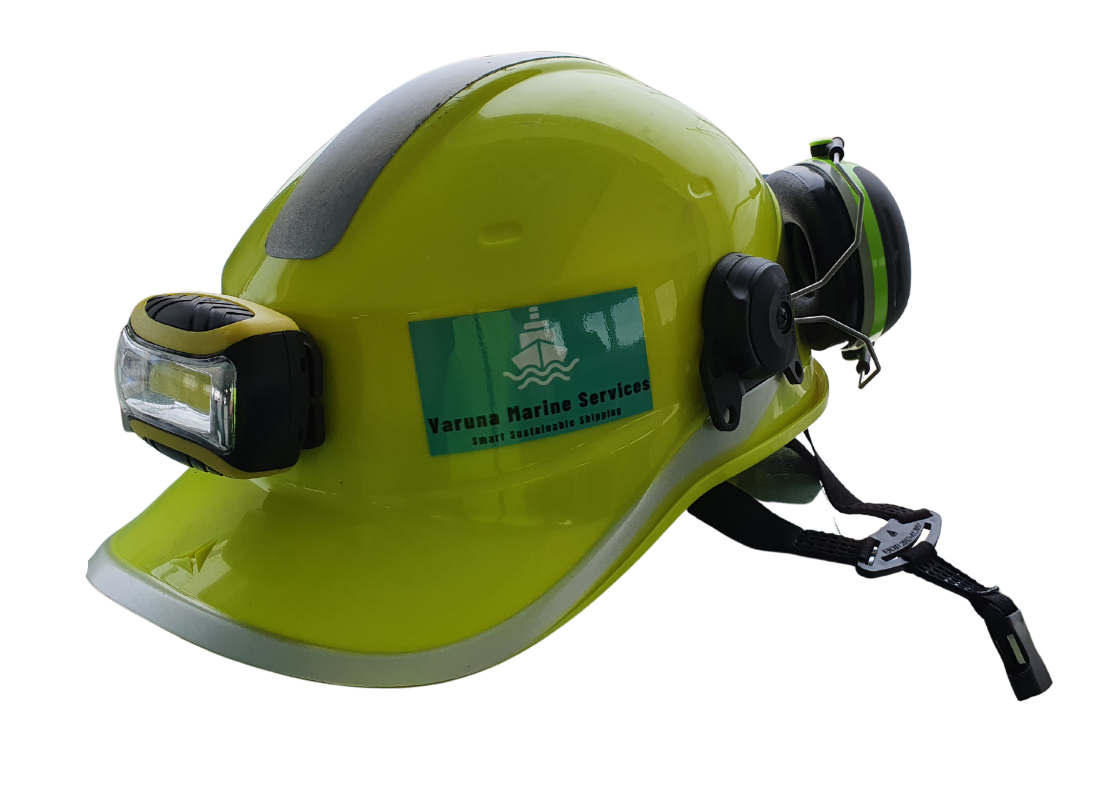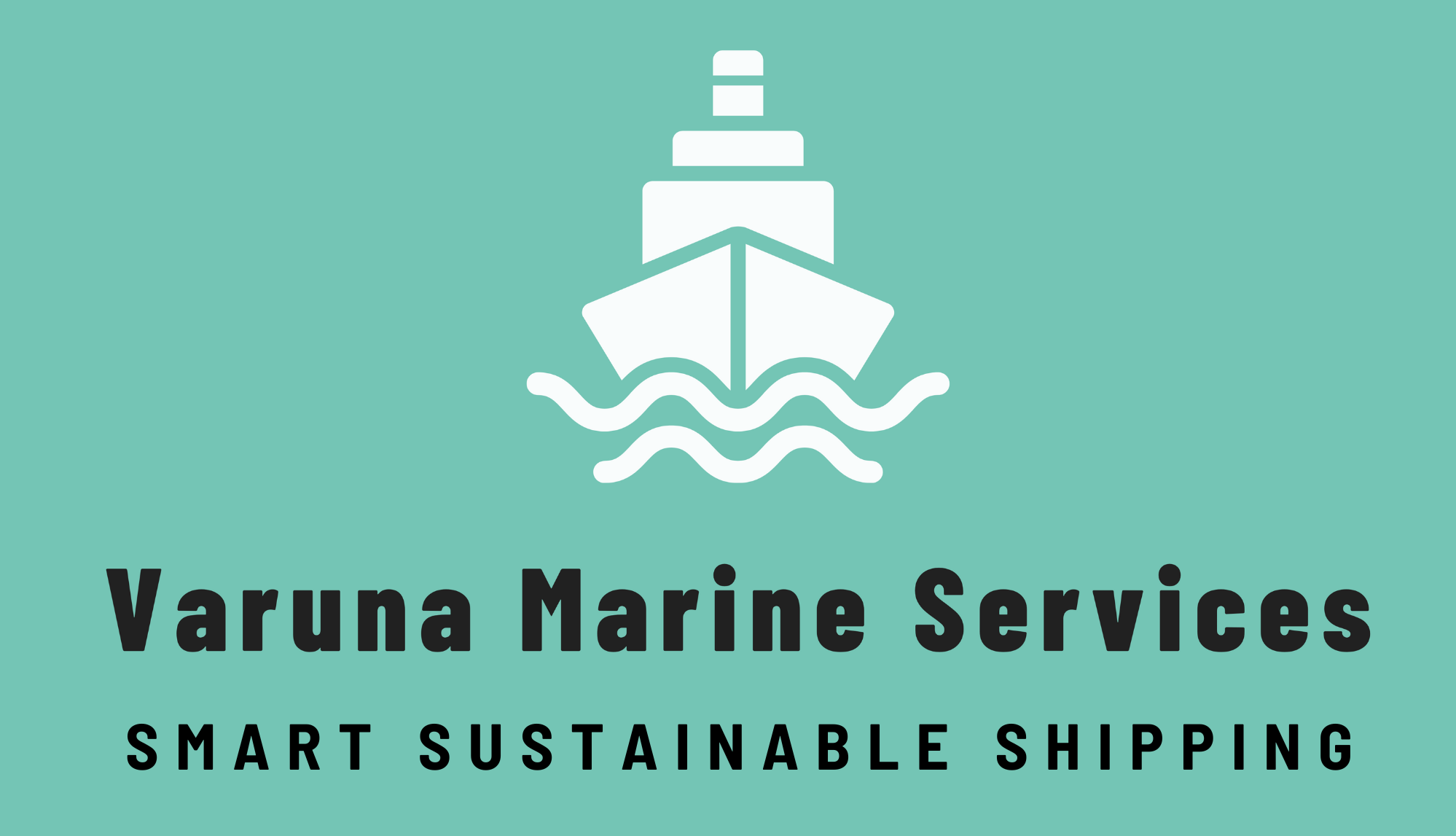Vessels with port calls in the United States of America (USA) must follow the regulations set by the US epa 2013 Vessel General Permit (VGP) and the upcoming Vessel Incidental Discharge Act (VIDA).
Vessels calling US ports must have ballast water treatment systems approved by the US Coast Guard (USCG), and the water must be tested between two to four times during the first year of operation to check for intestinal Enterococci and Escherichia coli (E. coli) and the total heterotrophic bacteria (THB) load. If a vessel discharges effluent in US waters, it must have “Discharge authorization” and report the results of the sampling and analysis of waste streams electronically to the United States Environmental Protection Agency (EPA), including ballast water, grey water, bilge water and scrubber water.
This means that if your ship(s) uses a Ballast Water Treatment System (BWTS) and you call port in the US, you must have your Vessel General Permit. As part of the VGP, you need periodic testing of your Ballast Water. Not having your VGP in place, means you may receive a fine by the USCG.
Ballast water compliance legislation in the US includes regulations relates to:

The Vessel Grant Permit for discharges incidental to the normal operation of vessels (VGP) set by the United States Environmental Protection Agency (US-EPA) in 2013
The ballast water regulations set by the USCG; and lastly, the Ballast Water Management Convention from the International Maritime Organization (IMO).

What are the requirements for VGP Compliance Testing
On 19 December 2013, the revised Vessel General Permit (VGP) was issued by the Environmental Protection Agency (EPA) in the United States of America. The VGP mandates the use of Environmentally Acceptable Lubricants (EALs) in all oil-to-water interfaces (e.g. stern tube seals, thruster seals) on all merchant vessels of 79 feet or longer that are sailing in US coastal and inland waters.
The US EPA requires vessels sailing in US coastal and inland waters to have a VGP, which will be checked by the US Coast Guard. Samples must be taken as per Table 1 from the effluents:
- Ballast water
- Bilge water
- Grey water
- Scrubber water
The Vessel Incidental Discharge Act (VIDA) is a law passed in 2018 that aims to streamline federal, state, and local requirements for vessels operating in the United States. VIDA will replace the 2013 Vessel General Permit (VGP), which sets regulations for vessels operating in US waters, including requirements for ballast water treatment, grey water, bilge water, and scrubber wash water. While the VGP is currently incorporated into VIDA, the latter is expected to come into full implementation in 2024. The new law will require ship operators or masters to self-assess and report to the US Coast Guard (USCG), and will involve performing installation, calibration, and periodic checks of systems, such as ballast water treatment systems.
According to Part 2.2.15.2 of the 2013 Vessel General Permit (VGP), new build vessels constructed on or after December 19, 2013, with a maximum crew capacity of 15 or more and providing overnight accommodations to those crew, are required to collect samples of greywater discharge for analysis. For these vessels, the 2013 VGP requires two samples a year to be collected, at least 14 days apart.
Ballast Water
Ballast water is used to maintain the stability of vessels, but it can also contain invasive species that can cause harm to the environment. Therefore, vessels must have ballast water treatment systems approved by the USCG, and the water must be tested two to four times during the first year of operation to comply with the VGP requirements. The analysis should check for intestinal Enterococci and Escherichia coli (E. coli), as well as the total heterotrophic bacteria (THB) load.
Bilge water
Bilgewater is the discharge from the vessel after bilgewater treatment system. Owners/operators of new build vessels constructed on or after December 19, 2013, and greater than 400 gross tons that may discharge bilgewater into U.S. waters are required to collect a sample of bilgewater effluent annually and analyze it for oil and grease content to comply with the VGP requirements.
Grey Water
The U.S. Environmental Protection Agency (EPA) reports that untreated greywater is very similar to domestic sewage and can even have higher concentrations of certain components. Therefore, the VGP requires new build vessels constructed on or after December 19, 2013, and with a maximum crew capacity greater than or equal to 15, and providing overnight accommodations to those crew are required to collect samples of greywater discharge for analysis. For these vessels, the 2013 VGP requires two samples a year, which are to be collected at least 14 days apart.
Scrubber Water
Twice during the first year of permit coverage or system operation, each vessel operating a wet exhaust gas scrubber system must collect and analyze exhaust gas scrubber-related samples. One of those samples may be conducted as part of a vessel’s annual or other survey, and during the first year of system operation, one of those sampling events may be conducted as part of the system installation to ensure it is functioning properly. After the first year, samples must be collected at least once per calendar year and may be collected as part of the vessel’s annual survey as appropriate.
How can we help with US EPA VGP VIDA Compliance?

- Varuna Marine Services B.V. specializes in conducting VGP tests in compliance with USCG and EPA 2013 requirements as a Class approved service supplier.
- Due to the recurring nature of these tests, we also provide a fleet monitoring and alerting service, ensuring vessels meet the necessary timelines for the US compliance.
- We can perform compliance testing for ballast water, grey water, bilge water, and scrubber wash water, assisting vessels with port calls in the United States of America to comply with the regulations outlined in the 2013 Vessel General Permit (VGP) and the upcoming Vessel Incidental Discharge Act (VIDA).
- We assist customers to monitor the water quality on their ships, maintain higher quality levels, and reduce the risk of detention and penalties.
- We serve as a single point of contact for your worldwide requests. With our global footprint, we are capable of assisting your vessel at all major port(s) worldwide, including the Netherlands, France, Germany, Poland, Greece, Italy, Turkey, Lithuania, Chile, Bulgaria, Canada, China, Singapore, Japan, Vietnam, Spain, UAE, USA , UK.
